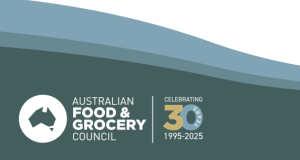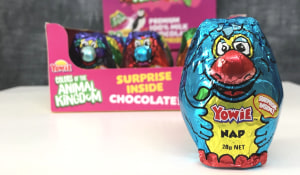In a short UK trial, Coca-Cola Great Britain is stripping off the labels from its Sprite bottles to help simplify the recycling process. These new trial bottles will feature an embossed logo on the front of the pack and laser-engraved product information on the back.
This follows the move to switch to clear bottles, made from what the company says is 100 per cent recycled plastic (with non-recycled caps attached).
While existing labels are fully recyclable, Coca-Cola Great Britain says stripping them off helps to reduce the amount of packaging material used overall.
“It’s clear that the world has a packaging waste problem, and we have a responsibility to help solve it. Finding new ways to evolve our bottle design, make recycling simpler and reduce waste are important ways we aim to minimise the impact of our packaging on the environment,” the company said in a statement.
The packaging community was quick to take to social media to discuss the new concept. Many were enthusiastic about its ability to eliminate the need for material in creating a label.
“That was a smart move to go for laser printing as it is the only method of direct printing allowed by Recyclass to qualify the packaging for full compatibility with the recycling streams,” one user said, referring to an EU-based nonprofit organisation that works towards creating traceability in recycling streams.
However, some called it “a gimmick”, saying it would not take off or see any substantial reductions.
“It’s a rather brilliant temporary publicity stunt. It shows just how strong their brand is that everyone can recognise it naked - wouldn't work so easily for younger brands,” another person said.
Some also raised questions about whether it would affect the recyclability of the bottle.
PKN has reached out to Coca-Cola Great Britain for comment.





